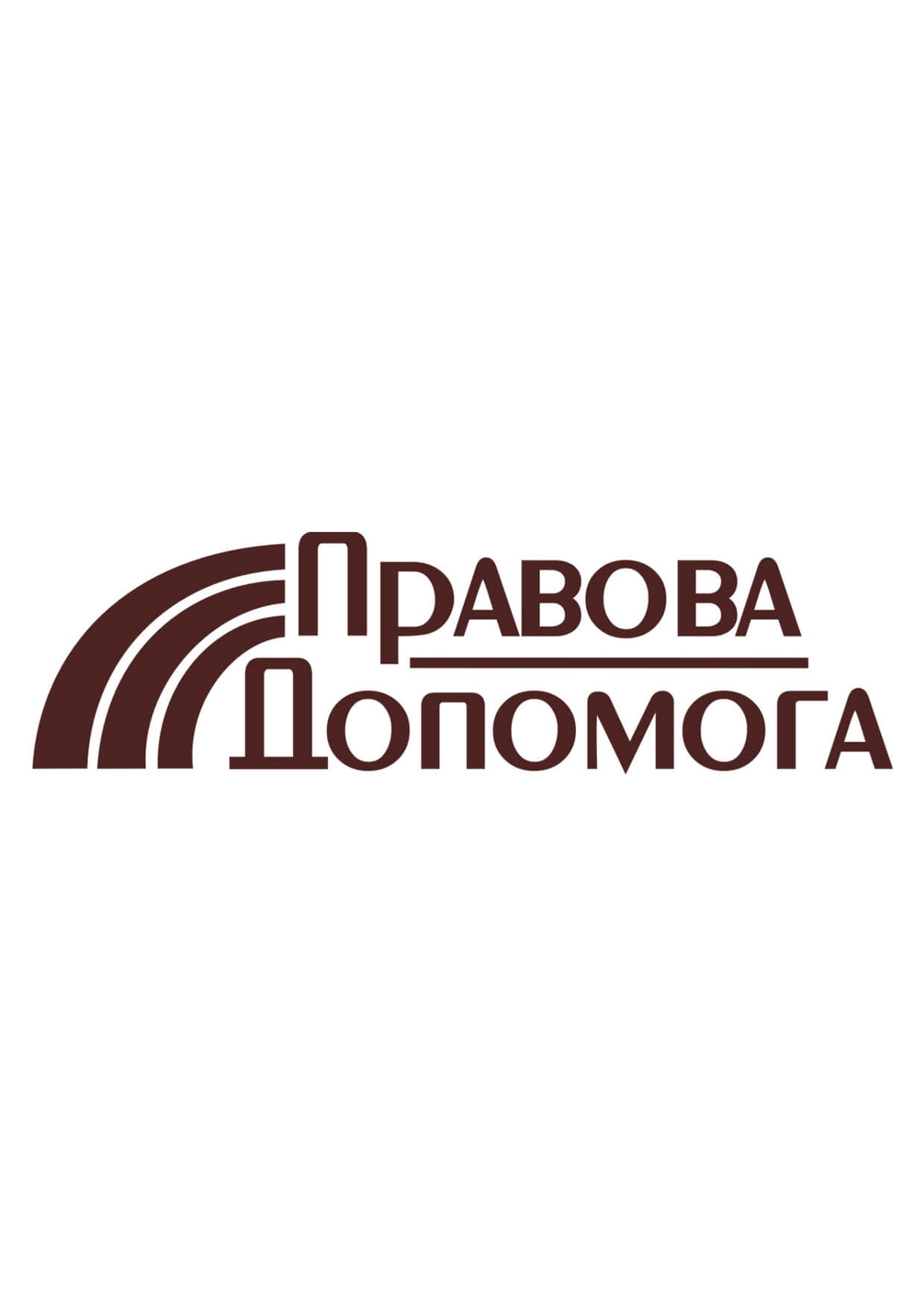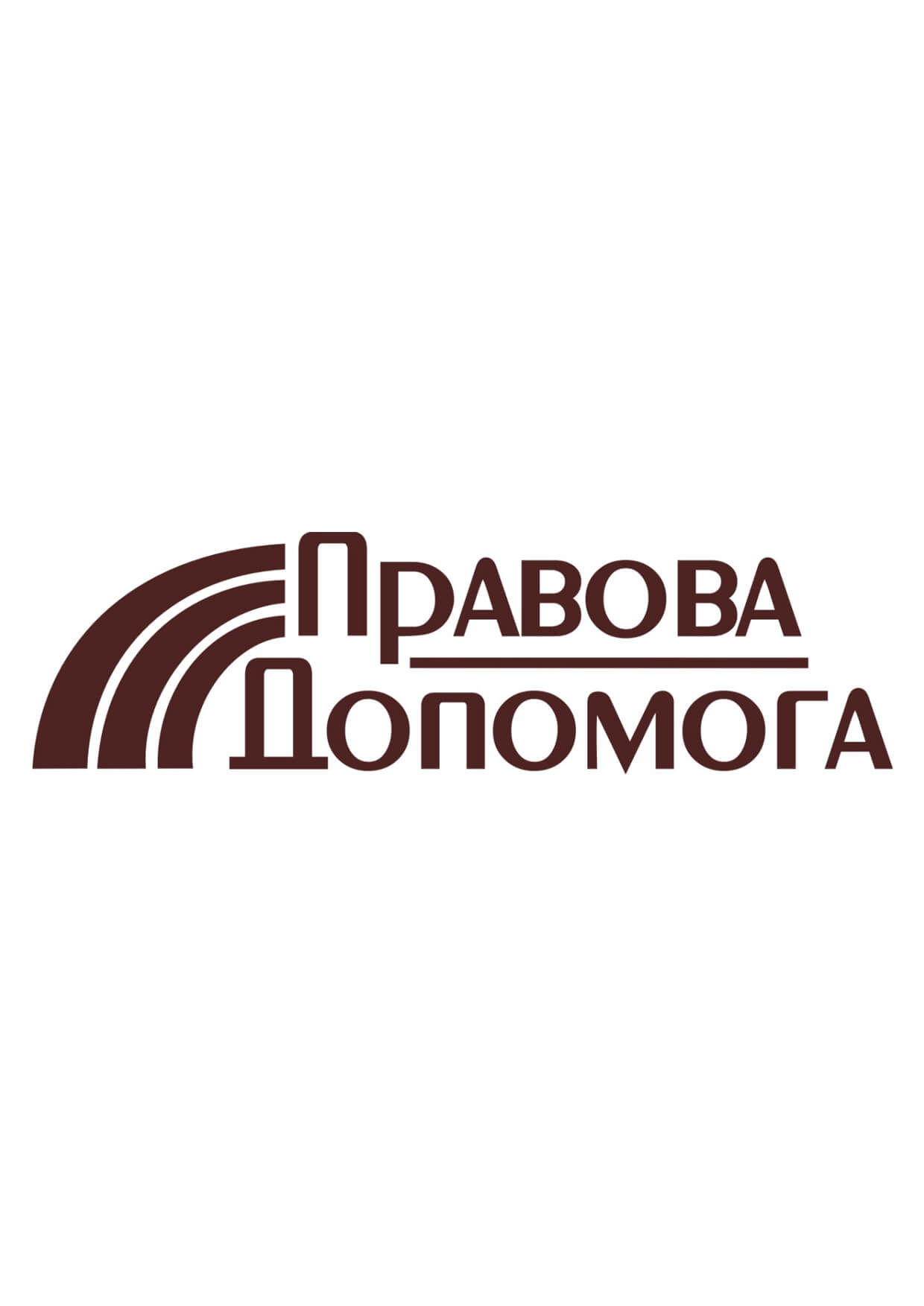How to replenish the assets of the enterprise: methods, their shortcomings and features

Quarantine, of course, has caused huge economic losses and many enterprises need replenishment of assets. As practice shows, the first thing that comes to mind to business owners is the provision of zero interest loan to their enterprise. Therefore, we consider the types of possible financial loan, as well as all the pros and cons and possible alternatives.
You may also like: How To Quarantine Your Employees
Reimbursable financial assistance
According to the tax legislation, such assistance is not considered income if it was returned within one year of receipt. In case of at least one day overdue, you must pay the tax.
What if you don’t have funds to return the assistance? As an option, you can provide another financial assistance and pay off the previous one.
Now let’s consider all legal nuances of providing reimbursable financial assistance.
Before providing/receiving any financial assistance, you should conclude an agreement.
The agreement should specify the type of financial assistance (reimbursable), as well as prescribe that it is interest-free. Why is it important?
- First, in order to avoid questions from the tax authority.
- Secondly, receiving interest from providing financial assistance falls under the definition of financial institutions. And to do this, you need to obtain a Financial Services License. The legislation provides for liability for carrying out any activity subject to licensing without a license: the fine amounts to from UAH 17,000 to 34,000.
The period of reimbursable financial assistance.
It should be noted that in accordance with subparagraph 3 of paragraph 292.11 of Article 292 of the Tax Code of Ukraine, reimbursable financial assistance, which is returned within 12 months from the date of receipt, is not considered income.
That is, such assistance should be returned within a year not after signing the agreement, but after the receipt of the assistance. That is why the agreement should specify the time of receipt of assistance. By the way, the agreement may also set shorter periods, for example, six months.
How quickly can I deposit reimbursable financial assistance?
It depends on the amount. If the amount of financial transaction is equal or exceeds UAH 150,000 (the amount is specified on 03.04.2020) and has at least one of the features listed in Article 15 of the Law of Ukraine “On prevention and counteraction to legalization (laundering) of the proceeds from crime or terrorism financing…”, it is subject to financial monitoring.
The key risks are as follows:
- Cash transactions. That is, if the company’s owner wants to contribute UAH 150,000 or more in cash to the company through the cash desk of the bank, such action is subject to financial monitoring;
- Crediting of funds to the account of a legal entity, which is less than three months from the date of state registration. That is, if you have registered an enterprise a month - two months before quarantine, and now you need to finance it for its development, the financial assistance in the above amount is subject to financial monitoring;
- The financial transactions of persons who fall under the high-risk criteria. A high risk is considered to be the result of an assessment made by the subject of primary financial monitoring (a bank, for example), which is based on the results of its analysis of the high probability concludes that this transaction may be conducted for the purpose of money laundering or terrorist financing.
In practice, we have seen many cases when trying to facilitate the operation of their business, the owner provided financial assistance and fell under one of the 3 specified criteria, and the bank decided to verify such a transaction. That, of course, delayed both the grant and the business activity.
How long can a bank verify a financial transaction?
The bank is entitled to suspend a transaction for two business days if it meets the criteria described above. In parallel, the bank must, within three business days from the date of registration of the financial transaction or an attempt to conduct it, notify a specially authorized authority - the State Financial Monitoring Service.
The State Financial Monitoring Service, in its turn, may freeze a financial transaction for another five business days.
If the State Financial Monitoring Service has any suspicions, it should involve law enforcement agencies in the case.
In practice, such inspections last about two weeks, which is a significant period for a company that needs financial assistance.
When returning financial assistance, which exceeds UAH 150,000, the State Financial Monitoring Service may once again pay attention and freeze the transaction for five business days. That is, in the next week the company will not be able to pay anyone from its account.
How to avoid the financial monitoring and safely deposit financial assistance?
Amounts between UAH 15,000 and 150,000 are subject to identification only. That is, the bank may ask for a certificate of income.
Amounts of UAH 15,000 are not subject to financial monitoring at all.
Read also: Quarantine Business Tips
Other ways to replenish company’s current assets
Non-repayable financial aid.
Tax legislation defines this type of financial assistance as profit. Therefore, it will be necessary to pay tax in accordance with the tax system used by the company.
The peculiarities of granting non-repayable financial aid and rules of financial monitoring do not differ from those mentioned for reimbursable financial assistance.
Increasing the company’s authorized share capital by additional contributions of the shareholders.
According to tax legislation, the increase and replenishment of the authorized share capital is not considered income. So, no taxes shall be paid.
If you have decided to increase the authorized share capital, for example, by UAH 1,000,000 and plan to deposit these funds to the account of the enterprise in one payment, such transaction will be subject to financial monitoring. But in the case of limited liability and additional liability companies, the legislation provides for an opportunity to make additional contributions within one year from the moment of making such decision.
Besides, the authorized share capital can be replenished not only with money, but also with property and the right to use the property with the right to lease it.
Thus, in case of necessity to replenish the enterprise current assets, the increase of the authorized share capital is almost the most optimal way. And in case of a properly executed increase, no questions should arise on the part of state authorities.
If you want to save your business and support it financially, don’t hesitate to call us. We will help you choose the best option and implement it quickly and easily.
Our clients















